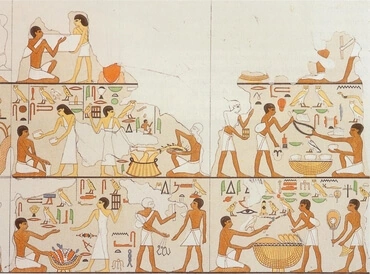1
Efraim se větrem pase, a vítr východní honí, každého dne lež a zhoubu množí; nebo smlouvu s Assurem činí, a masti do Egypta donášejí se.
2
I s Judou má soud Hospodin; pročež navštívě Jákoba podlé cest jeho, podlé snažností jeho odplatí jemu.
3
V životě za patu držel bratra svého, a silou svou knížetsky se potýkal s Bohem.
4
Knížetsky, pravím, potýkal se s andělem, a přemohl; plakal a pokorně ho prosil; v Bethel jej nalezl, a tam s námi mluvil.
5
Toť jest Hospodin Bůh zástupů, pamětné jeho jest Hospodin.
6
Protož ty k Bohu svému se obrať, milosrdenství a soudu ostříhej, a očekávej na Boha svého ustavičně.
7
Kramářem jest, v jehož ruce jsou vážky falešné, rád utiskuje,
8
A říká Efraim: Však jsem zbohatl, dobyl jsem sobě zboží; ve všech mých pracech nenajdou mi nepravosti, jenž by hříchem byla.
9
Já pak Hospodin jsa Bohem tvým od vyjití z země Egyptské, ještě-liž bych tě seděti nechal v stáncích jako ve dnech svátečních?
10
A mluvě skrze proroky, já abych vidění mnoho ukazoval, a skrze proroky podobenství předkládal?
11
Zdali toliko v Gálád byla nepravost a marnost? I v Galgala voly obětují, přes to i oltářů jejich jest jako kopců na záhonech polí mých.
12
Tamto utekl byl Jákob z krajiny Syrské, kdež sloužil Izrael pro ženu, a pro ženu byl pastýřem;
13
Sem pak skrze proroka přivedl Hospodin Izraele z Egypta, též skrze proroka ostříhán jest.
14
Vzbudilť Efraim hněv přehořký, a protož krev jeho na něj se vztáhne, a potupu svou vrátí jemu Pán jeho.







